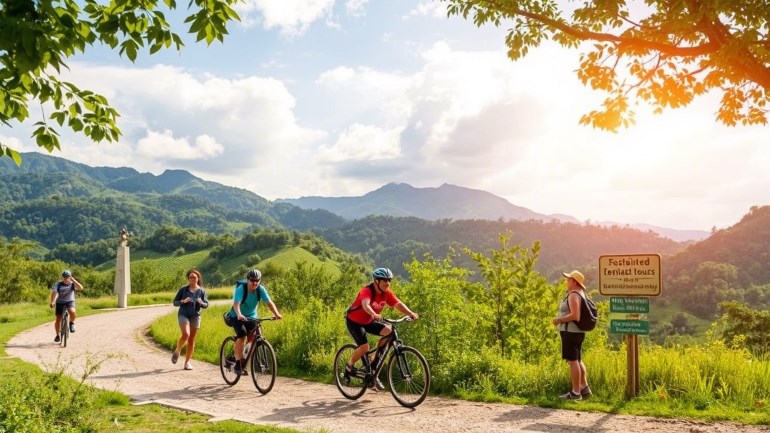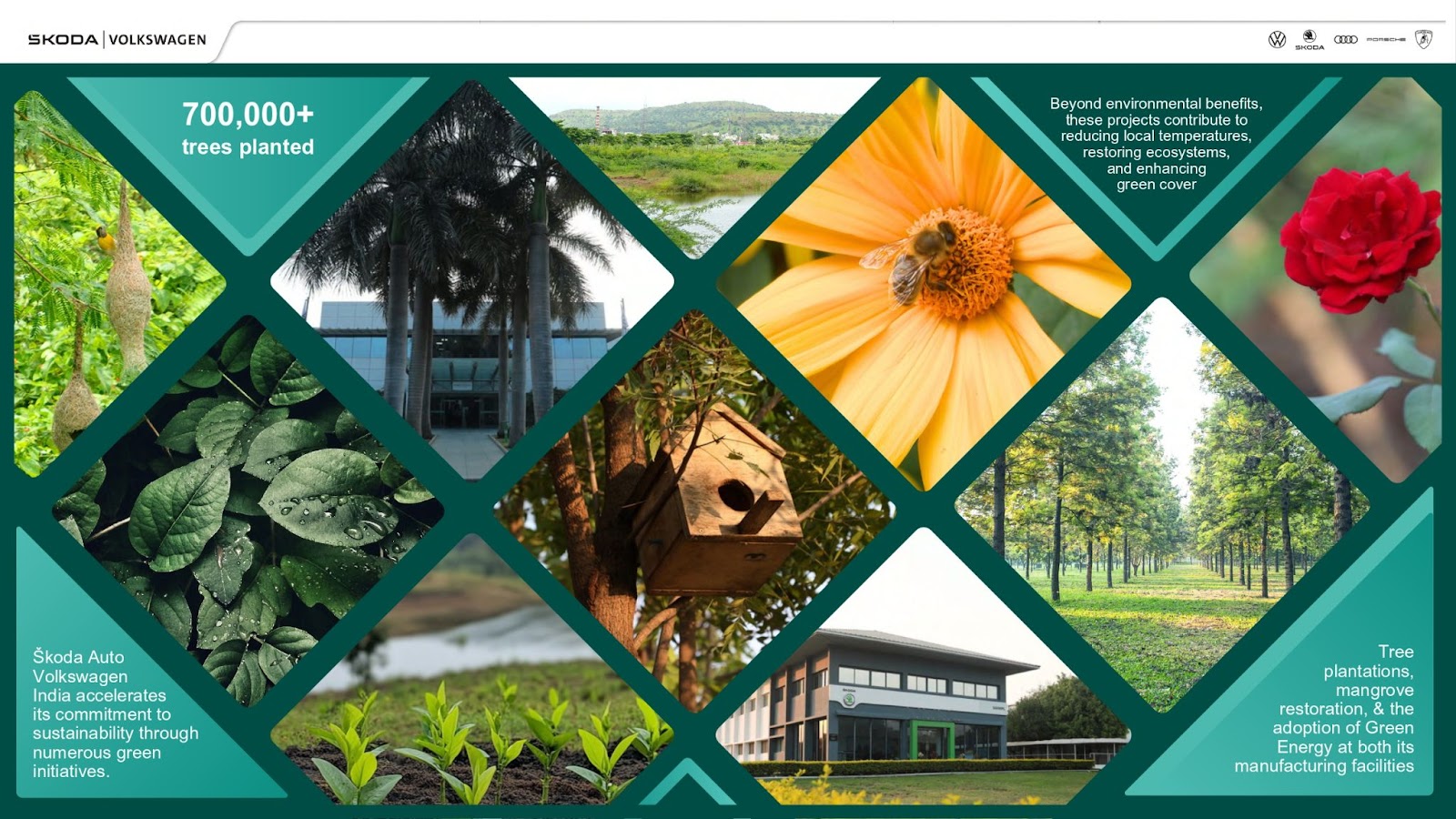The global tourism industry is undergoing a profound transformation. As climate change accelerates and travellers grow increasingly aware of their environmental footprint, sustainable tourism has shifted from a niche preference to a mainstream imperative. By 2025, the sector is projected to prioritise regenerative practices, technological innovation, and community-centric models that redefine how we explore the world. This article explores the driving forces behind this shift and offers actionable steps for travellers to contribute meaningfully to a more sustainable future.
The Evolution of Sustainable Tourism
Sustainable tourism is no longer just about reducing harm—it’s about actively improving destinations. Here are the key trends shaping its rise in 2025:
1. From Sustainability to Regeneration
The concept of regenerative travel is gaining momentum, emphasizing leaving destinations better than they were found. Hotels and tour operators now engage travellers in reforestation projects, coral reef restoration, and cultural preservation initiatives. For example, eco-resorts in Costa Rica and Kenya partner with guests to plant trees or monitor wildlife, creating a net-positive impact. This shift reflects a growing recognition that tourism must repair ecosystems and empower communities, not just minimise damage.
2. Technology as a Catalyst for Change
Artificial intelligence (AI) and smart systems are revolutionizing sustainability. AI-powered tools optimize hotel energy use, predict tourist flows to prevent overcrowding, and even personalize eco-friendly travel itineraries. For instance, British Airways reduced fuel consumption by 1% using AI-optimized flight paths, saving 100,000 tons of fuel annually. Apps like SmartGuide use generative AI to recommend low-impact activities, while blockchain ensures transparency in carbon offset programs.
3. Community-Led Tourism
Travellers are prioritising experiences that directly benefit local economies. Community-based lodging and cultural workshops—such as cooking classes with Indigenous chefs or craft sessions with local artisans—ensure tourism revenue stays within destinations. In Greece and Croatia, initiatives like “farm-to-table” dining and heritage tours led by residents are replacing exploitative mass-tourism models.
4. The Rise of “Conscious Luxury”
Luxury travel is shedding its carbon-heavy reputation. High-end resorts now offer carbon-neutral stays, organic cuisine, and immersive conservation experiences. For example, safari lodges in Botswana fund anti-poaching units, while Nordic eco-retreats use geothermal energy and zero-waste design.
5. Combating Overtourism
Destinations like Venice and Santorini, overwhelmed by crowds, are adopting measures such as visitor caps and promoting “destination dupes”—lesser-known alternatives like Slovenia’s Lake Bohinj instead of Lake Como or Albania’s Riviera over the Amalfi Coast. Travellers are also embracing off-season trips, which reduce pressure on ecosystems and offer unique experiences, such as witnessing wildlife migrations in Africa’s rainy season.
How You Can Contribute
Every traveller has the power to drive positive change. Here’s how to align your journeys with sustainability principles:
1. Choose Eco-Certified Accommodations
Opt for hotels with credible certifications like Green Key or Global Sustainable Tourism Council (GSTC) recognition. These properties prioritize renewable energy, water conservation, and waste reduction. For example, many eco-lodges in Costa Rica use solar power and compost organic waste, while urban hotels in Scandinavia employ smart thermostats to cut energy use.
Tip: Use platforms like Ecobnb or BookDifferent to filter sustainable options.
2. Embrace Slow Travel
Instead of hopping between cities, spend more time in fewer places. Slow travel reduces carbon emissions and fosters deeper cultural connections. Take a multi-day hiking trip in the Scottish Highlands, cycle through Vietnam’s countryside, or volunteer on an organic farm in Portugal.
3. Prioritize Low-Impact Transportation
Air travel accounts for 6.5% of global emissions, but alternatives exist:
- Trains over planes: Europe’s night trains and Japan’s Shinkansen offer scenic, low-carbon journeys.
- Electric vehicles (EVs): Rent EVs or use public transit in destinations like Norway, where 80% of new cars sold are electric.
- Carbon offsetting: Support verified projects like reforestation or clean energy when flying is unavoidable.
4. Support Local Economies
- Eat locally: Dine at family-run restaurants and markets. In Thailand, street food vendors generate 30% less waste per meal than tourist-focused chains.
- Buy responsibly: Purchase handicrafts directly from artisans. Avoid souvenirs made from endangered species or non-recyclable materials.
- Participate in “contributing travel”: Join beach cleanups, trail maintenance projects, or cultural preservation workshops.
5. Reduce Waste
- Avoid single-use plastics: Carry a reusable water bottle and utensils.
- Digital solutions: Use e-tickets and apps instead of paper maps or brochures.
- Pack light: Every kilogram removed from luggage cuts flight emissions .
6. Advocate for Change
- Demand transparency: Ask tour operators and airlines about their sustainability policies.
- Share responsibly: Promote lesser-known destinations on social media to alleviate overtourism.
- Support policy reforms: Back initiatives like the EU’s Green Claims Directive, which combats greenwashing.
The Road Ahead
The rise of sustainable tourism is not just a trend—it’s a necessity. By 2025, travellers, businesses, and governments must collaborate to address climate challenges and equity gaps. From AI-driven innovations to grassroots community projects, every effort counts. As conscious travellers, we hold the key to preserving the planet’s beauty for future generations.
Final Thought: As the World Travel & Tourism Council notes, “The future of travel lies in balancing exploration with responsibility.” Whether you’re planning a weekend getaway or a year-long adventure, let your journey leave a positive legacy.
For further insights, explore resources from the Global Sustainable Tourism Council or Sustainable Travel International.





